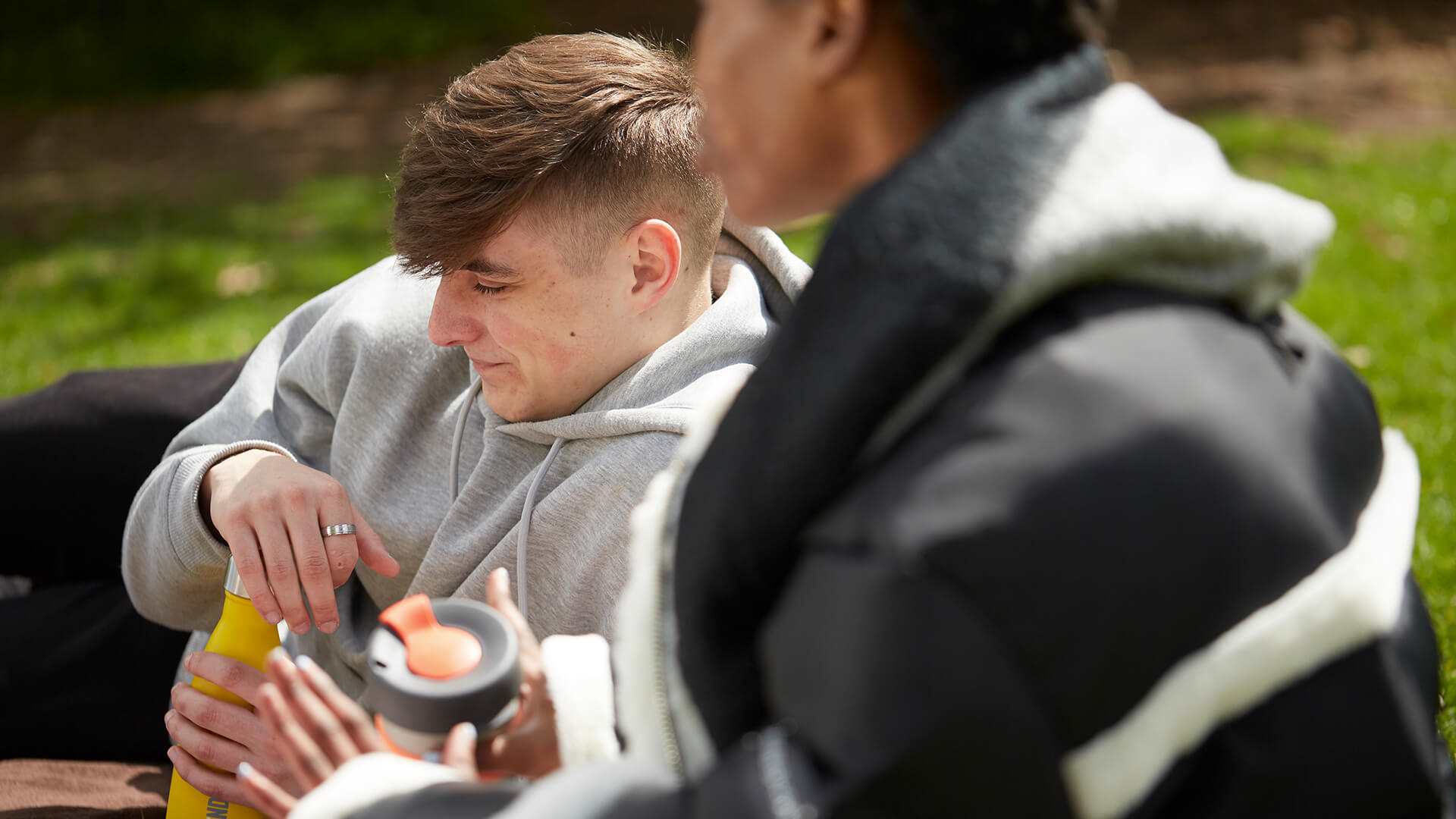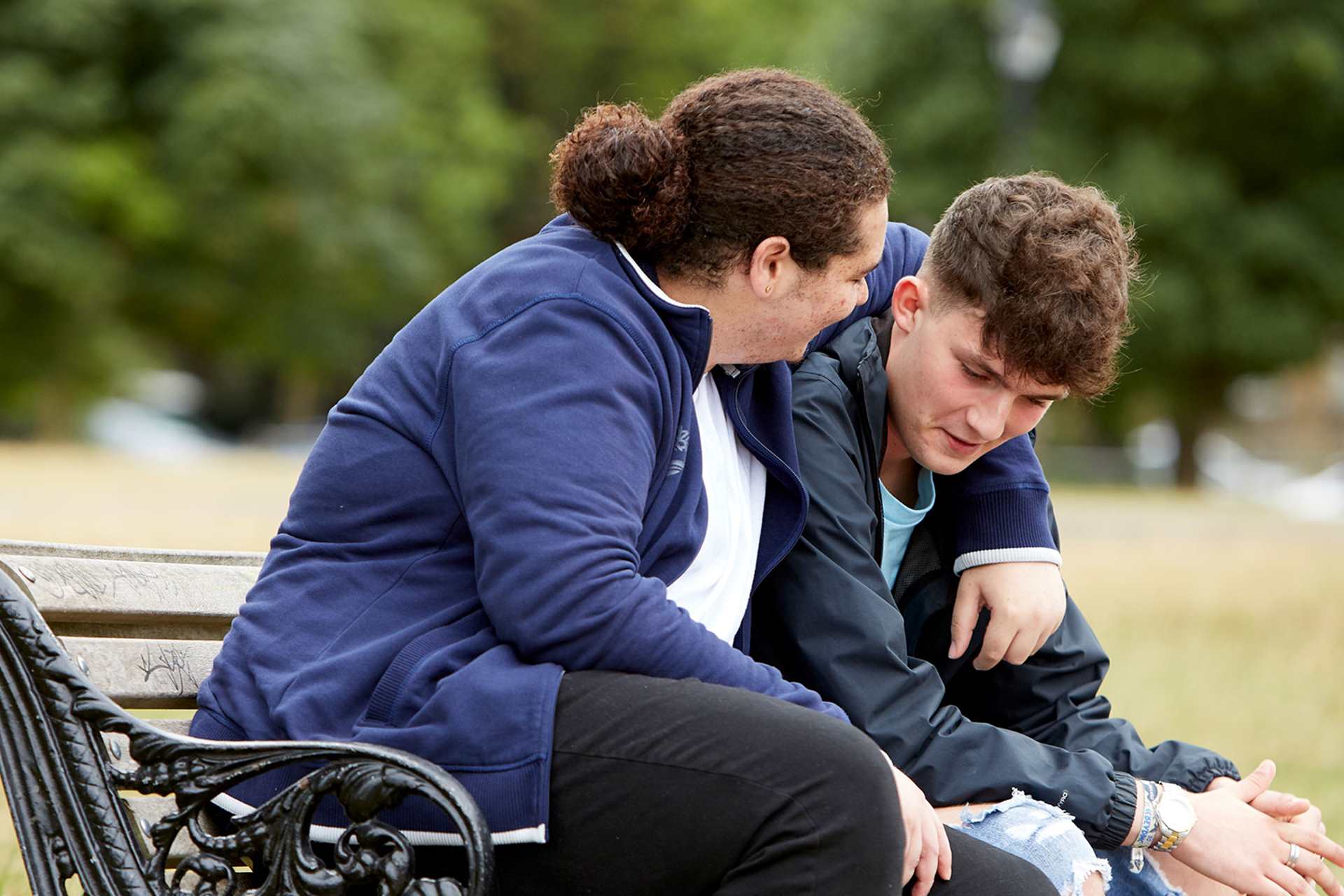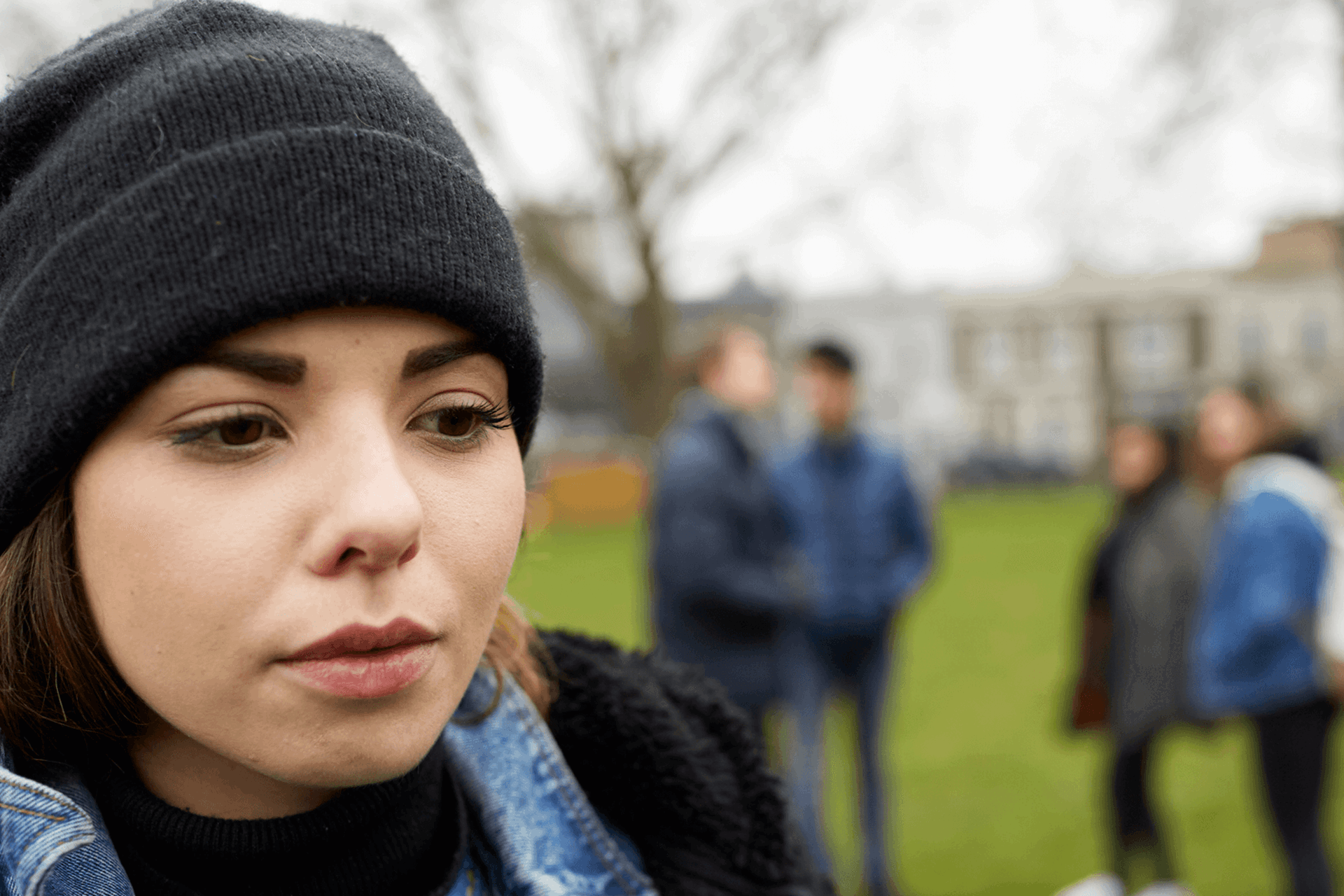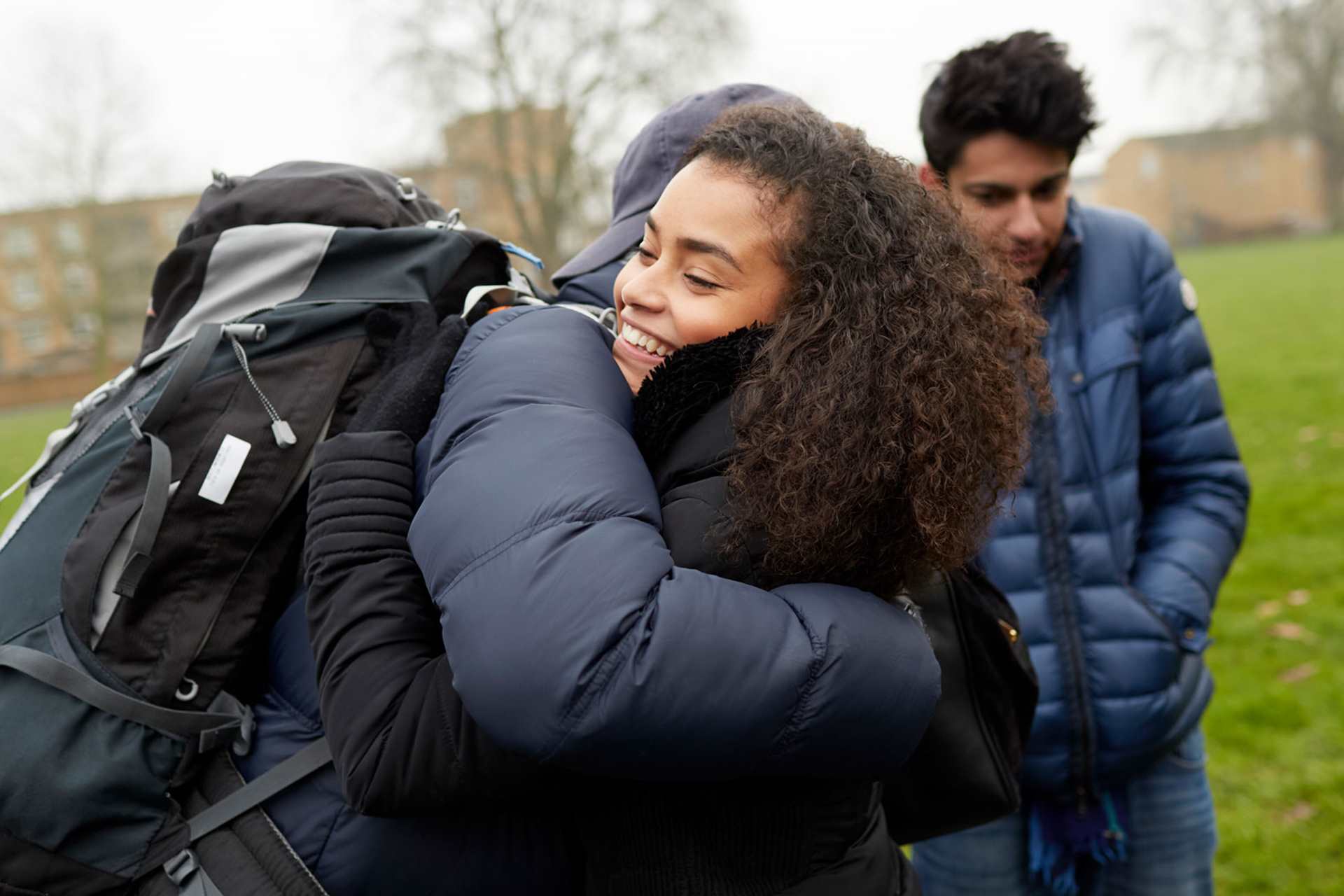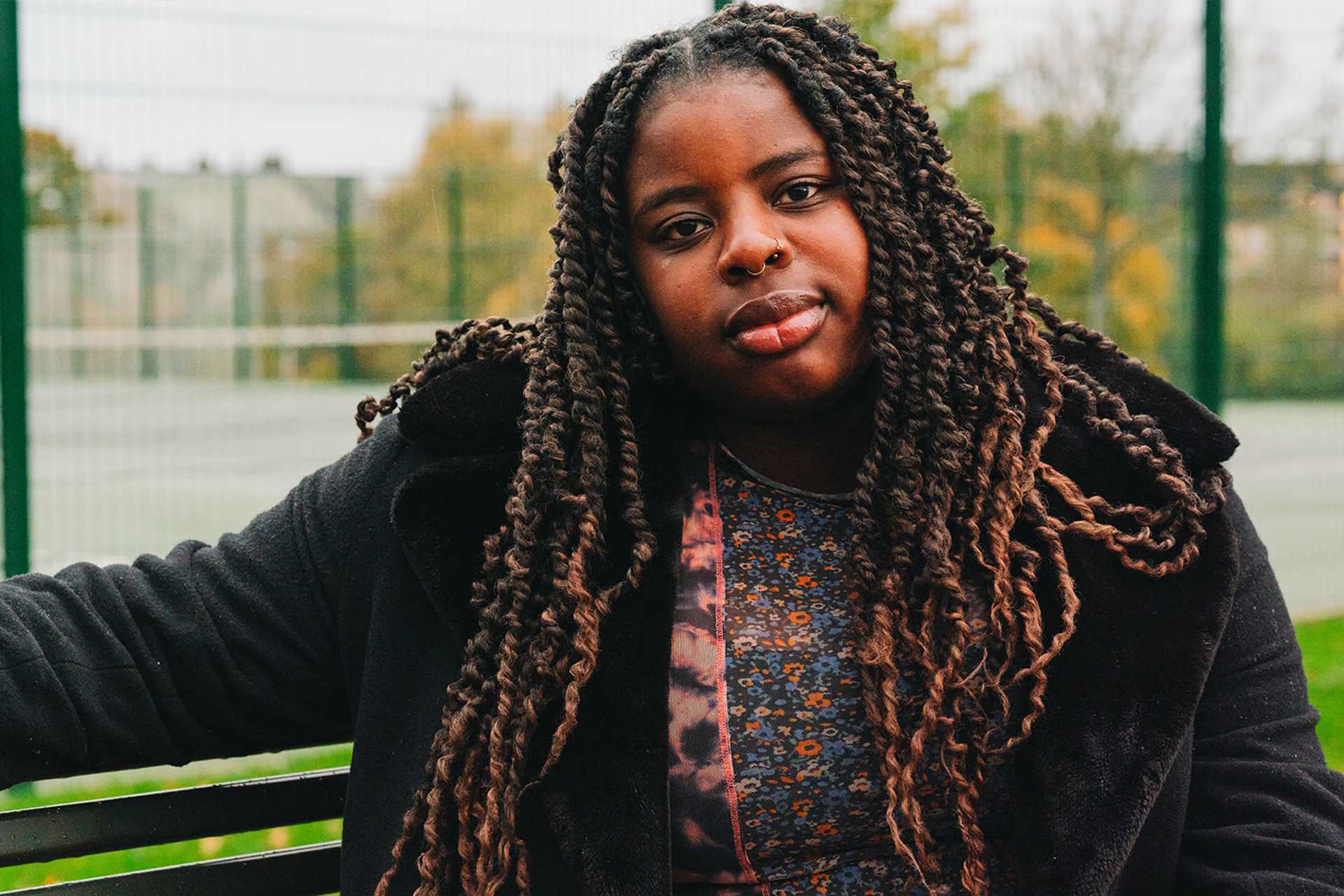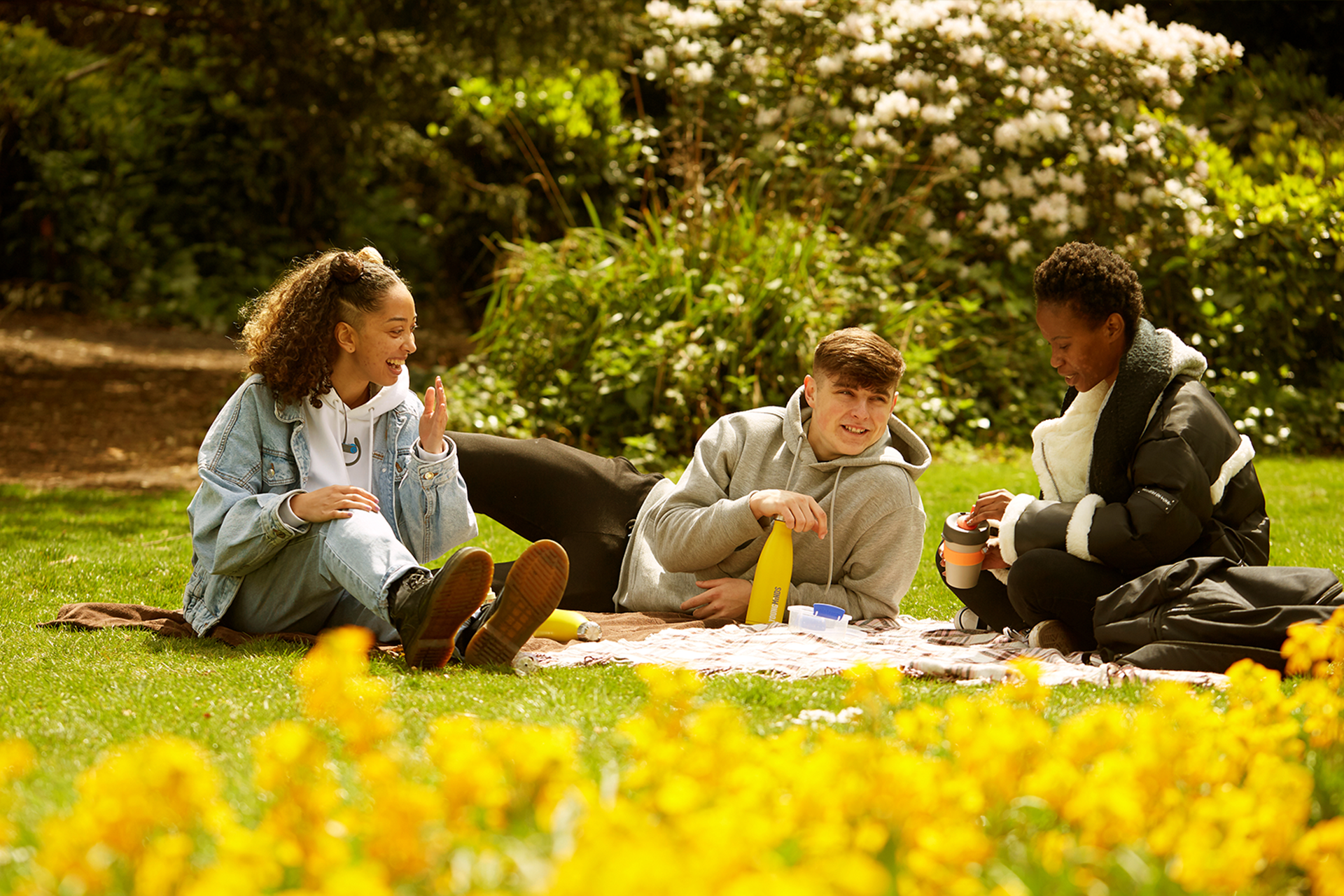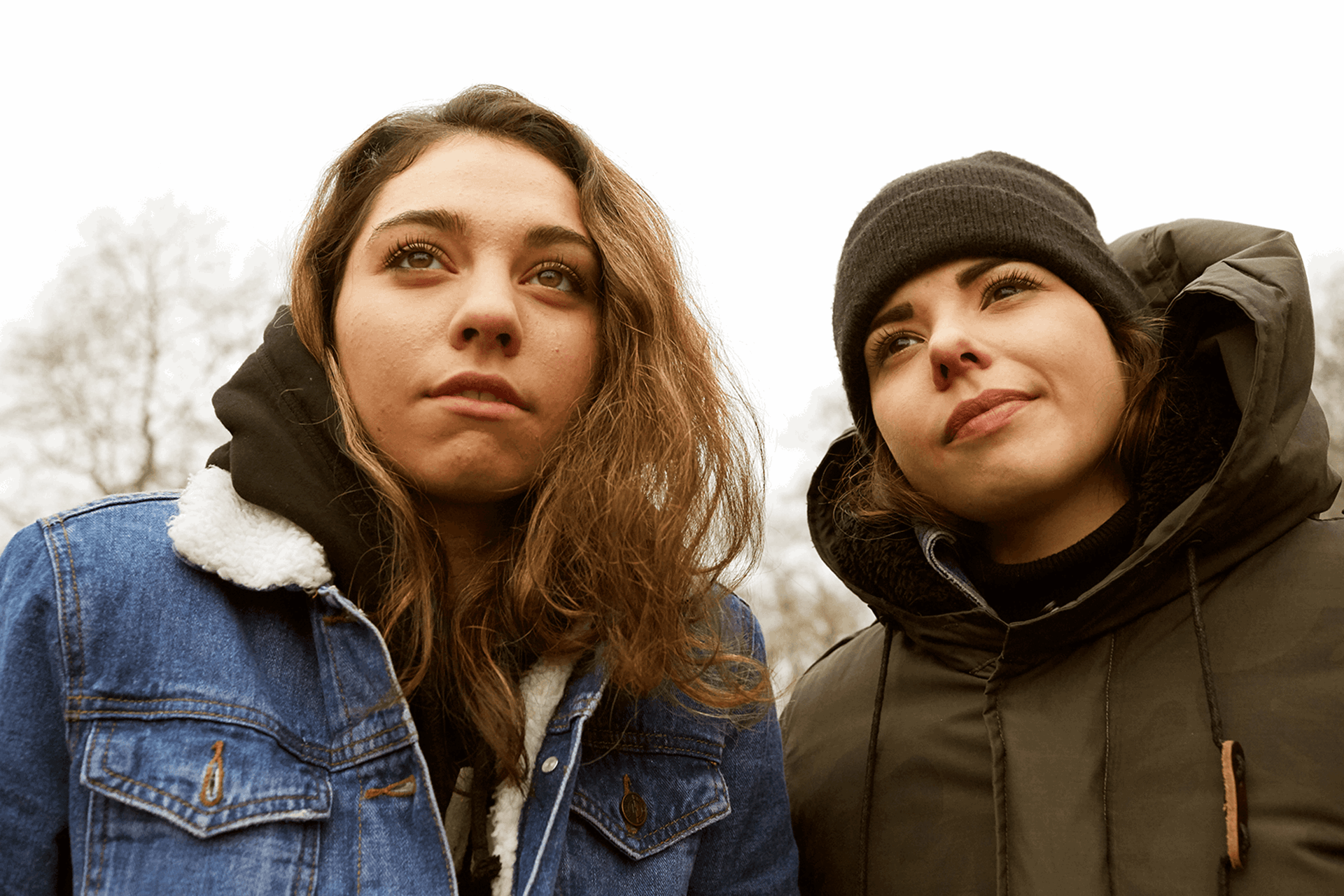Topics mentioned: gender and mental health, depression
About: Esme shares how growing up with a 'difference in sexual development' (DSD), sometimes known as being intersex, has impacted her mental health.
A ‘difference in sexual development’ (DSD) is when someone has a condition that means their genes, hormones and genitalia develop differently to those of a ‘normal’ person. But what is normal?
Having this condition, for me, is as normal as the fact that I was born with brown hair and green eyes.
My experience of growing up with a DSD
I have known since birth that I have what is called a Complete Androgen Insensitivity Syndrome (CAIS). Having this condition, for me, is as normal as the fact that I was born with brown hair and green eyes.
As I got older, I was definitely aware that I was somewhat different from other people in my school, but I never felt ostracised by others.
Instead, I felt a bit isolated in the fact that I couldn’t discuss my situation with others who had been through the same things as me. I felt unable to talk to anyone about my routine hospital visits, the medication I took, and my worries about the future.
I felt a bit isolated in the fact that I couldn’t discuss my situation with others.
As I became a teenager, I suffered with depression, largely surrounding my DSD. If you’re unaware, having a DSD means that you are more than likely unable to have biological children.
This played on my mind a lot as a child, but as a teen it got far more intense. In retrospect, you look at all the toys marketed to young girls and realise a large majority are baby dolls and prams.
I felt as though having these pushed on me felt like a cruel reminder of something I could not do. (I am also a very big feminist and have other issues with this marketing, but that’s a whole other essay).
I felt as though having these pushed on me felt like a cruel reminder of something I could not do.
Support from CAMHS and DSD specialist
I was offered counselling by CAMHS, which helped somewhat, but also by my hospital, which employed a DSD specialist psychologist named Julie. To speak with Julie regularly was such a privilege. I assume that a lot of people will not have access to similar support, but reflecting on this experience, my sessions with Julie essentially saved my life.
Yet while I was so grateful for Julie, what I really wanted was to meet others my age with DSDs, to chat about awkward things we both experienced, about how their relationships were, and to help validate the emotions I was feeling in respect to my body and to my future.
I joined a few Facebook groups created for others with CAIS, but was unable to really connect with anyone my age. It sounds strange, but what I really craved was someone perhaps in their teens, or a young adult, who I could look at and see was completely ‘normal’, and was living a ‘normal’ life.
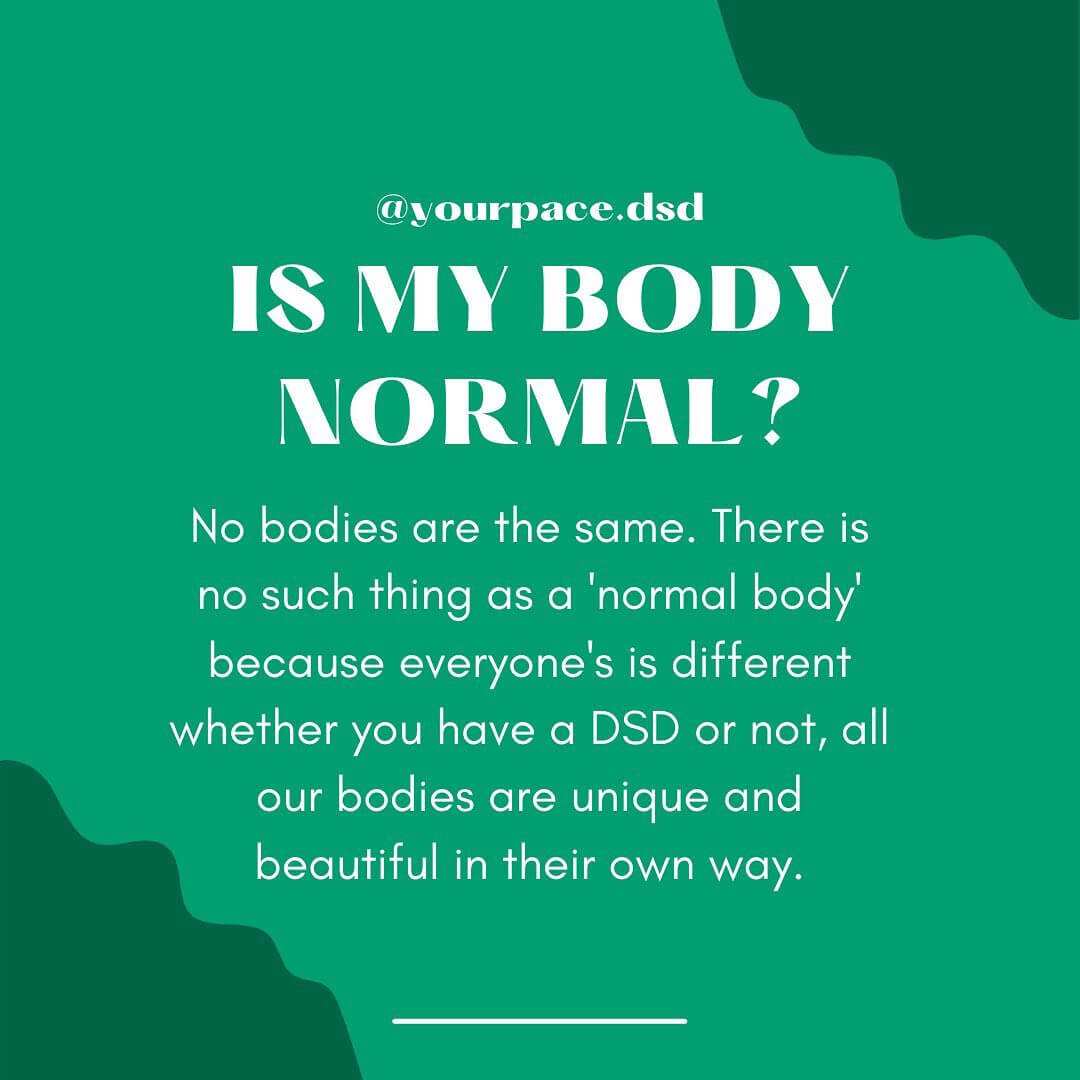
Instagram artwork by @yourpace.dsd which was created by Esme. White text on a green background reads: 'Is my body normal? No bodies are the same. There is no such thing as a 'normal body' because everyone's is different whether you have a DSD or not, all bodies are unique and beautiful in their own way.'
DSDfamilies and finding a purpose
When I was still a teenager, Julie introduced me to the DSDFamilies charity, and asked if I would like some involvement within it. I jumped at the chance, and was quickly being taken to the Department of Education in London to host a focus group for young children also with DSDs from all over the UK.
The day was amazing, and as I sat in the room surrounded by young children with these conditions similar to mine, I realised I had become for these children what I once needed.
I was an 18-year-old girl, with a partner, amazing friends, and a job. I was living a completely normal life. I hadn’t grown three extra arms. People were not repulsed by me whenever I entered the room; I was a normal 18-year-old girl.
I realised I had become for these children what I once needed.
People honestly will not care if you have a DSD. I’ve told many people, and it’s completely okay if you don’t want to, but so many people have so much going on themselves that they aren’t that concerned about how your hormones or genes may differ from theirs!
I’m not ashamed to say that on my train journey home from London, (and after perhaps one too many M&S cocktail cans), I cried to myself with happiness. I almost felt as if I had found my purpose in life.
My advice for young people with a DSD
At the time of writing this, I have since started a successful Instagram page called @YourPace.DSD with my amazing colleague who also has a DSD. This is mainly a resource for young people.
I have also been interviewed by the BBC, been on podcasts, and have recently written a piece for the Museum of Science in London. Even writing this blog post has been a huge privilege, which I would never have had access to had I not fully embraced my condition and everything that comes with it.
I guess this is all to say, if you have a DSD, yes, you can be a completely ‘normal’ person, but being ‘normal’ isn’t what’s most important. It’s self-love and self-acceptance. Who wants to be ‘normal' anyway?
I was an 18-year-old girl, with a partner, amazing friends, and a job. I was living a completely normal life.
If you are someone who has a DSD, please feel free to reach out to us on Instagram, @Yourpace.DSD. We’d love to hear from you and any questions you may have! We have built a lovely community of individuals with DSDs, and hope that you can meet some people similar to yourself, and even some lifelong friends!
More information and advice on gender and mental health
We have tips and advice to help you find the support you need. Take a look at our guides.
Where to get help
However you're feeling, there are people who can help you if you are struggling. Here are some services that can support you.
-
Childline
If you’re under 19 you can confidentially call, chat online or email about any problem big or small.
Sign up for a free Childline locker (real name or email address not needed) to use their free 1-2-1 counsellor chat and email support service.
Can provide a BSL interpreter if you are deaf or hearing-impaired.
Hosts online message boards where you can share your experiences, have fun and get support from other young people in similar situations.
- Opening times:
- 24/7
